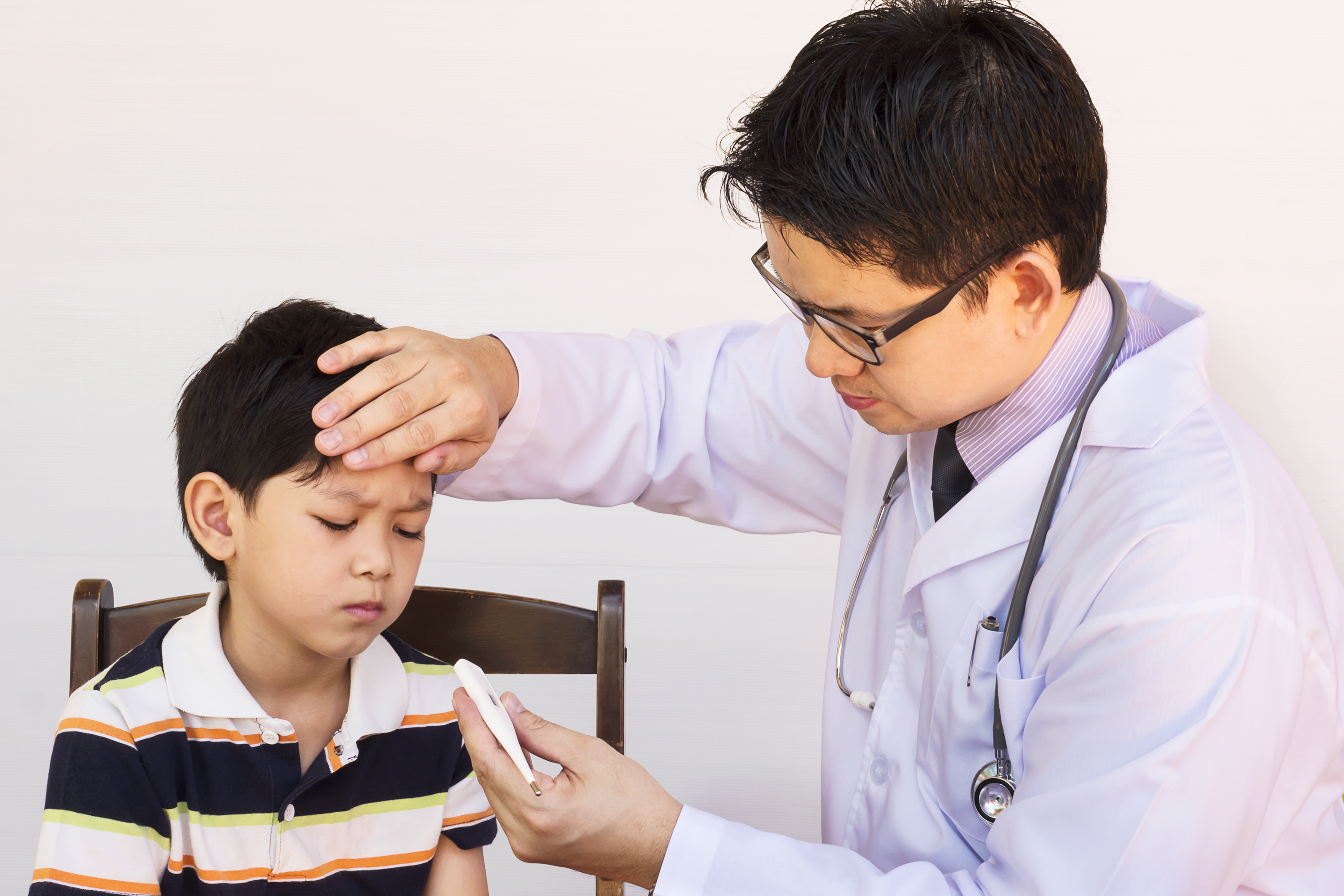Here Are Early Signs Of Heatstroke In Children & How To Prevent It
Stay cautious amid this heatwave.
We all know the weather in Malaysia has been blazing lately
While it does not affect most of us adults, there are many vulnerable groups of people who are not able to regulate their body temperatures naturally and are at risk of a heatstroke when exposed to the heat and sun for too long.
Anyone could get a heatstroke, but the most vulnerable people are:
– The elderly
– Children
– The sick
– People who work outdoors
Heatstroke is a condition when your body cannot cool itself down fast enough under the extreme temperature outside
When a heatstroke occurs, your sweating mechanism fails and your body's internal temperature rises rapidly — it could go up to 40°C and higher within just 10 to 15 minutes.
That is a medical emergency.
A person could experience other heat-related symptoms, such as cramps, exhaustion, and syncope (fainting), before they develop a heatstroke
To prevent these symptoms when it's really hot outside, keep in mind to:
– Avoid being outdoors when the sun is at its hottest, between 11am and 3pm
– Drink lots of water and cold drinks, especially if you're active or exercising
– Wear light-coloured, loose clothing
– Avoid extreme exercise
– Always look for shade. If you are indoors, close curtains and windows to retain a cooler temperature indoors.
It is most important to keep remaining hydrated throughout the day to help your body stay cool.
Unfortunately, it is not easy for children to regulate their own body temperature, and they are the most susceptible to overheating
Also, young children are not expected to keep track of their own water intake, and much less, let their parents know if they have been playing outdoors in the sun for too long.
Therefore, it is important to keep in mind that if a child feels unwell in hot weather, it could be a heat-related illness.
As a parent, guardian, or even a concerned neighbour, here are the signs a child may show if they are going through heat exhaustion and may develop a heatstroke:
- An elevated body temperature, about 38°C and higher
- Cool, clammy skin despite the heat
- Rapid heartbeat and breathing
- Vomiting, or feeling nauseous
- Tiredness or weakness
- Dizziness or headache
- Feel like fainting, or actually passing out
It is important to seek medical attention and treat heat exhaustion immediately, as it can develop into a heatstroke
If your child shows symptoms of heat exhaustion, you should:
– Move your child to a cool, shaded place — preferably in an air-conditioned space or vehicle
– Encourage them to drink water or a sports drink that contains salt, such as 100PLUS
– Loosen their clothes and apply a cold, wet towel on their body
– Gently stretch or massage sore muscles if they have a cramp
If your child is unable to drink water or seems to be losing consciousness, seek medical attention immediately.



